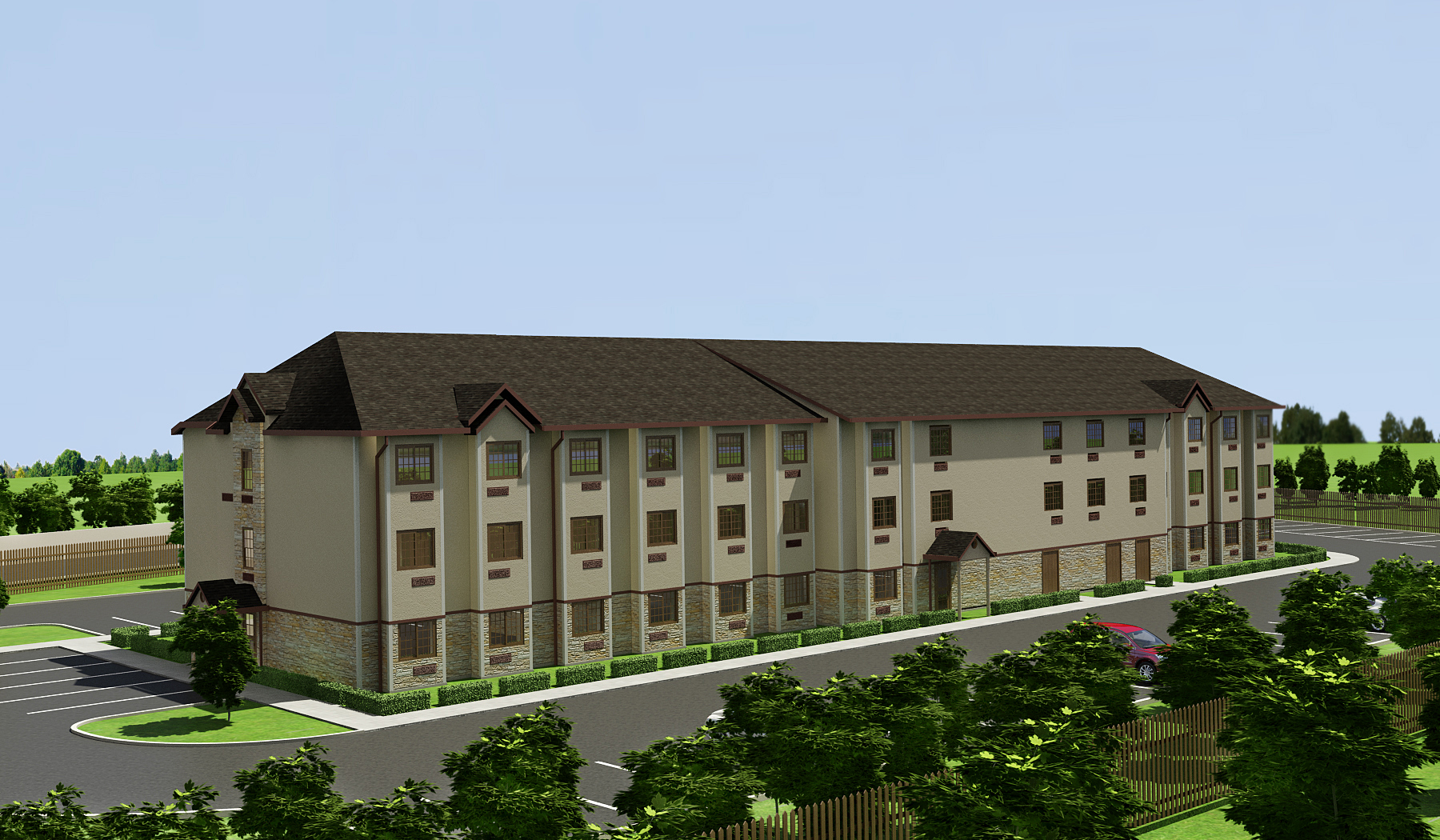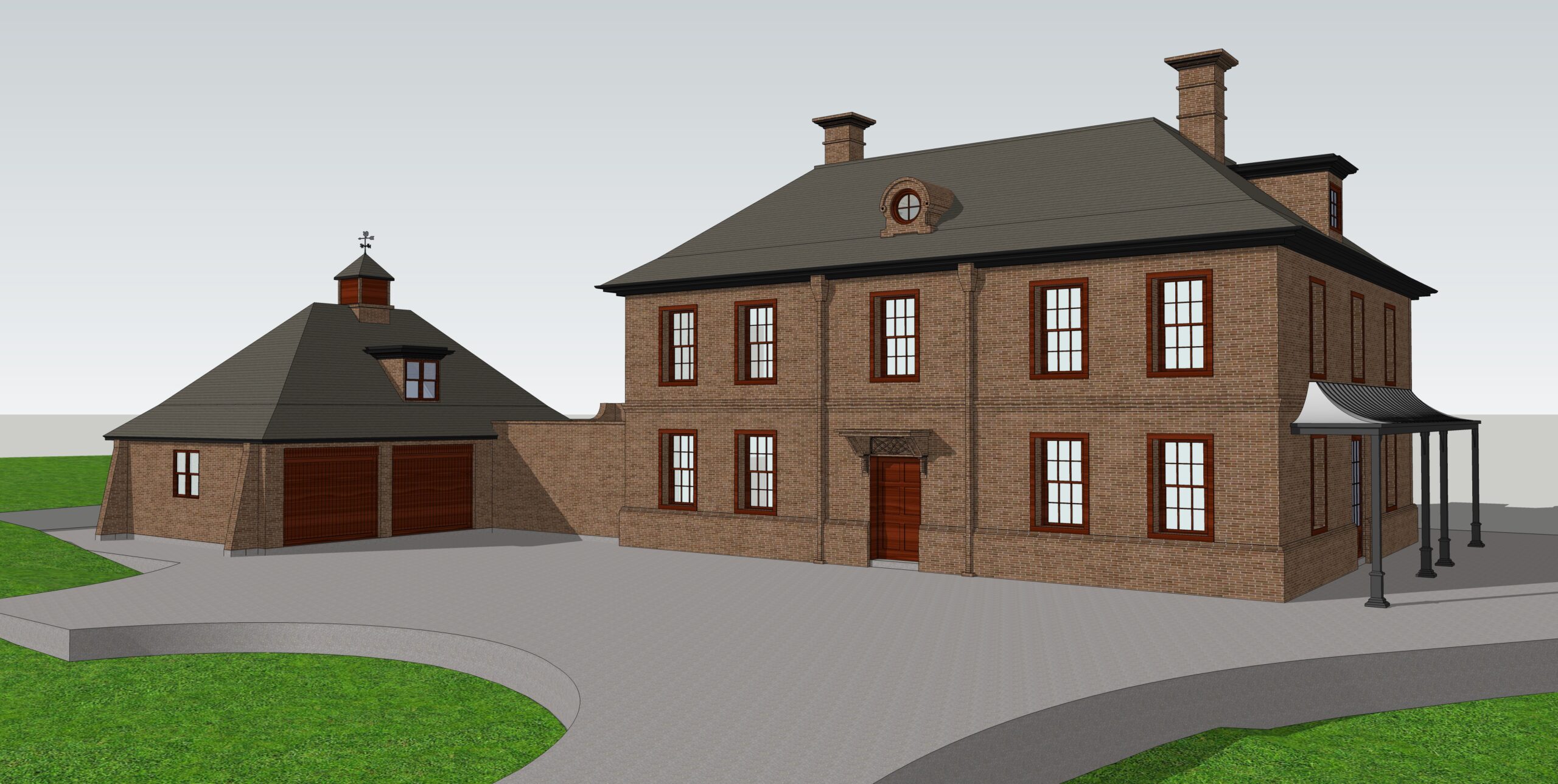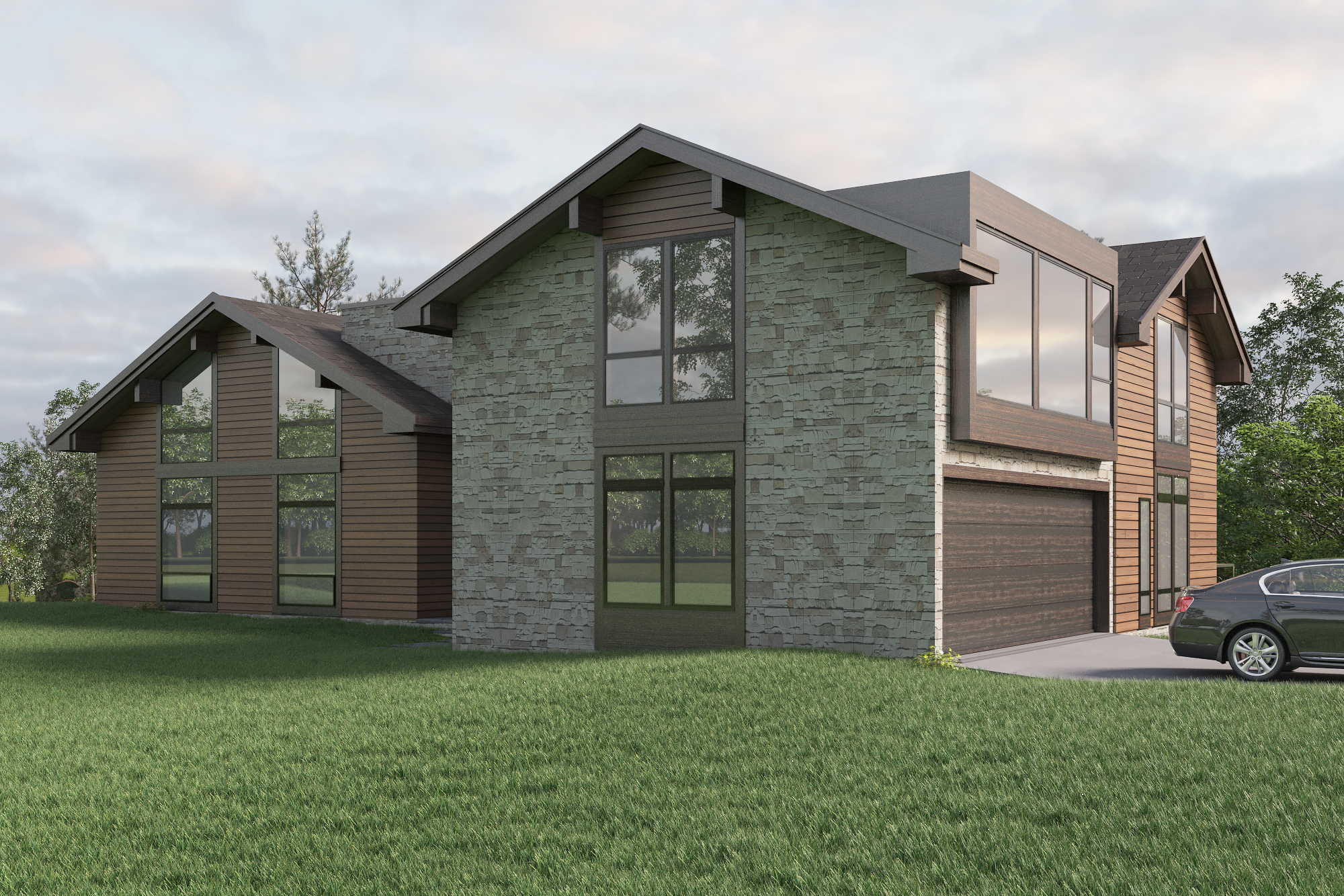Outsourcing in Architecture : Future trends & Innovations
Posted on : May 09, 2024
Outsourcing in architecture is experiencing a transformative shift driven by technological advancements, changing client demands, and evolving industry dynamics. Here are some future trends and innovations shaping the landscape of outsourcing in architecture:
1. BIM (Building Information Modeling) Outsourcing:
The adoption of BIM outsourcing is expected to increase as more architecture firms recognize its benefits in streamlining design, construction, and facility management processes. Outsourced BIM services encompass 3D modeling, clash detection, quantity takeoffs, and virtual construction simulations, enabling architects to collaborate more efficiently and deliver projects with greater accuracy and cost-effectiveness.
2. Virtual Reality (VR) and Augmented Reality (AR) Integration:
Outsourcing firms are incorporating VR and AR technologies into architectural visualization services to provide immersive experiences for clients and stakeholders. By outsourcing VR/AR content creation, architects can offer interactive virtual tours, realistic visualizations, and immersive presentations that facilitate better decision-making, enhance client engagement, and improve project communication.
3. Parametric Design and Computational Architecture:
Outsourcing in parametric design and computational architecture is on the rise, driven by the demand for complex geometries, optimized structures, and sustainable solutions. Outsourced parametric modeling services leverage algorithmic design tools and scripting languages to generate innovative design iterations, analyze performance metrics, and optimize architectural solutions for efficiency and sustainability.
4. Sustainable Design and Green Building Outsourcing:
As sustainability becomes a central concern in architecture, outsourcing firms are offering specialized services in sustainable design and green building certification. Outsourced sustainability consultants provide expertise in energy modeling, daylight analysis, passive design strategies, and green certification documentation, helping architects integrate environmental performance considerations into their projects effectively.
5. Generative Design and AI-Powered Solutions:
Outsourcing in generative design and AI-powered solutions is enabling architects to explore a broader range of design possibilities and optimize project outcomes. By outsourcing generative design tasks to AI algorithms, architects can generate and evaluate numerous design options based on predefined criteria, leading to more innovative, efficient, and data-driven design solutions.
6. Cloud-Based Collaboration Platforms:
The adoption of cloud-based collaboration platforms is facilitating seamless communication and project coordination among distributed teams in the outsourcing ecosystem. Outsourcing firms leverage cloud-based project management tools, BIM platforms, and virtual collaboration environments to facilitate real-time collaboration, file sharing, and decision-making across geographical boundaries, enhancing productivity and efficiency.
7. Outsourcing of Project Management and Coordination:
Architecture firms are increasingly outsourcing project management and coordination tasks to specialized firms that offer expertise in project planning, scheduling, budgeting, and quality control. Outsourced project management services streamline project workflows, mitigate risks, and ensure adherence to project timelines and deliverables, allowing architects to focus on design innovation and client relationships.
8. Outsourcing in Prefabrication and Modular Construction:
The growing popularity of prefabrication and modular construction methods is driving outsourcing in manufacturing and assembly services. Outsourced firms specialize in designing and fabricating prefabricated building components, modular units, and off-site construction systems, providing architects with cost-effective, time-saving solutions that enhance construction efficiency and quality.
9. Digital Twin Development:
Outsourcing in digital twin development is gaining momentum as architects seek to create digital replicas of physical buildings for performance monitoring, maintenance optimization, and predictive analytics. Outsourced firms specialize in creating and managing digital twins by integrating sensor data, building information models (BIM), and real-time monitoring systems, enabling architects to optimize building operations, improve occupant comfort, and prolong asset lifespan.
10. Outsourcing in Urban Planning and Smart Cities:
With the rise of urbanization and the demand for sustainable urban environments, outsourcing firms are offering specialized services in urban planning, master planning, and smart city development. Outsourced urban planners provide expertise in land use analysis, transportation planning, infrastructure design, and smart technology integration, helping architects create resilient, livable, and future-ready urban environments.
11. 3D Printing and Additive Manufacturing Services:
Outsourcing in 3D printing and additive manufacturing services is revolutionizing the way architectural components are designed and fabricated. Outsourced firms utilize advanced 3D printing technologies to produce complex architectural elements, facade panels, and building components with precision and efficiency. This enables architects to explore new design possibilities, reduce material waste, and accelerate construction timelines.
12. Cultural Heritage Preservation and Conservation:
Outsourcing in cultural heritage preservation and conservation is becoming increasingly important as architects work to protect and restore historic buildings, monuments, and cultural landmarks. Outsourced firms specialize in heritage documentation, digital restoration, conservation planning, and heritage impact assessments, providing architects with the expertise and resources needed to preserve cultural heritage assets for future generations.
13. Outsourcing in Disaster Resilience and Climate Adaptation:
As the frequency and intensity of natural disasters increase due to climate change, outsourcing firms are offering specialized services in disaster resilience and climate adaptation. Outsourced experts collaborate with architects to assess vulnerability, develop resilience strategies, and integrate climate-responsive design principles into building projects, ensuring that architecture remains adaptive, resilient, and sustainable in the face of environmental challenges.
14. Outsourcing in Regulatory Compliance and Permitting:
Outsourcing firms provide support in navigating complex regulatory requirements, building codes, and permitting processes, ensuring that architectural projects comply with local regulations and standards. Outsourced experts offer expertise in zoning analysis, code compliance reviews, permit expediting, and regulatory approvals, helping architects streamline project approvals, mitigate compliance risks, and avoid costly delays.
In conclusion, the future of outsourcing in architecture is characterized by technological innovation, sustainable design practices, collaborative workflows, and specialization in niche areas. By embracing these trends and innovations, architecture firms can leverage outsourcing as a strategic tool to enhance their capabilities, deliver high-quality projects, and stay competitive in a rapidly evolving industry landscape.




